Monday Selfies: Telling Children They are Wonderful without Teaching Them How to Become Wonderful is Unfair
We tell children so often that they are wonderful just being who they are but they don't always feel wonderful. Many worry greatly about how others perceive them and do not have a sense of what others see.
Some children focus only on their flaws. Others notice only their strengths. Development means we all may have moments when our way is a perfect match for the situation. Then there are the times when our way does not work well for the task at hand and we must accommodate.
Telling children they are wonderful without teaching them how to become wonderful is unfair. We are all born with potential but it needs nurturing.
Children make comments like, "I can't watch me because I am sure I am horrible" or "I don't know if I played well or not; what do you think?" These comments signal a need to help the child develop a realistic perspective of his or her strengths and stretches.
Child comments like these typically evoke parental responses such as: "No, you did a great job" or "Of course I thought you were great. Don't you realize how good you are?"
These comments may be reassuring but do not help the child to develop a personal sense of self-awareness. Instead you might respond: "I accept your self-perception. My impression was different but you have a right to your viewpoint. Tell me, what was good about your effort and what is one thing you would do differently if you had the opportunity."
Some children will start with the negative first and list 10 things. Take them back to one. Ask them to mentally rank everything and share the one thing that limited their success. Then go on to naming what the child thought was well done. Some may hesitate here. Try turning it into a game.
Ask the child to pretend he is the teacher and he has to give feedback to another child (not him). As the acting teacher, it is his job to notice both the positive points and the areas for further development. He must name at least two positive areas.
No matter what the child says, accept it. Some may be sarcastic at first and say things like "he had a cool hat" or "his pencil was sharpened." Accept it. Say that you might have noticed something else but this is observation and it is his observation that will matter most.
The lesson is, good self-evaluation matters. Even if a child gets an A on a paper you can still ask her to name what she did well with her studying and what she might change next time, if anything. The entire conversation should only take three or four minutes, so it will not exhaust the child, and the talk can be frequently repeated.
If the child does not want to pretend to be the teacher, ask them to pretend they are their grandmother/father, or aunt/uncle, or neighbor. What would they observe as the strengths and growth areas of the performance. Children can sometimes see things through another set of eyes better than their own at first, and this gives them a safe outlet. Let them choose.
What if the child never identifies anything that is positive? He says he "cannot think of anything." First, divide the task into domains. If the task was reciting a poem before the class, the domains to consider could include:
- Comfortable stance and presence
- Accurate recitation of the content
- Connecting with the audience with eye contact and tone
- Appropriate closure including acknowledging audience reaction
That way you can start by focusing on a specific area rather than responding to the overall performance. Children with a Sensing preference might find this easier because it gives direction and a frame for the process. Remember, the ultimate goal is that the child is able to identify the good, the bad, and the ugly that go with almost every performance, whether it is a science fair project, a musical performance, or an athletic performance. This will happen throughout their lives.
There are "Monday morning quarterbacks" for football games. Parent can have a "Monday (or any other day) Selfies" where the child evaluates the positive and the challenge of a particular task. After the child gets in the habit of identifying personal strengths and stretches you can move to help fine-tune the accuracy of his or her self-awareness.
Learn more about your child's type, and how that might impact their "selfie."



_thumb.png)













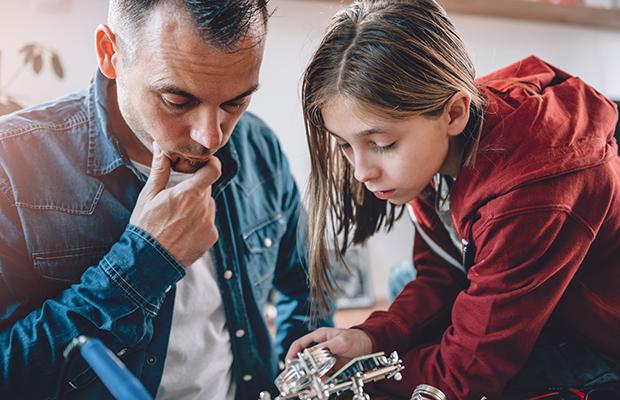
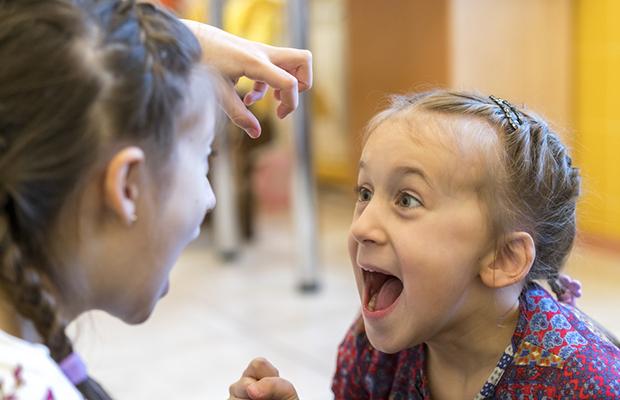


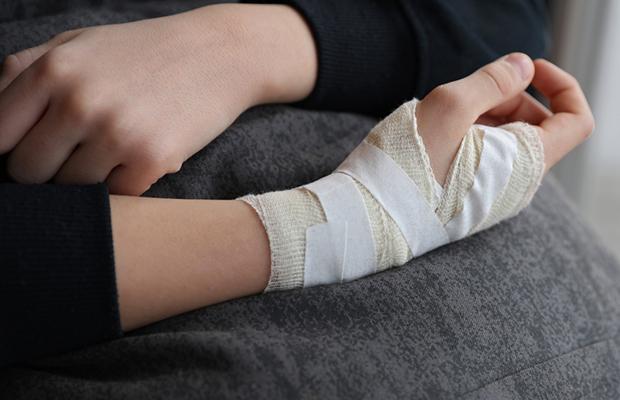

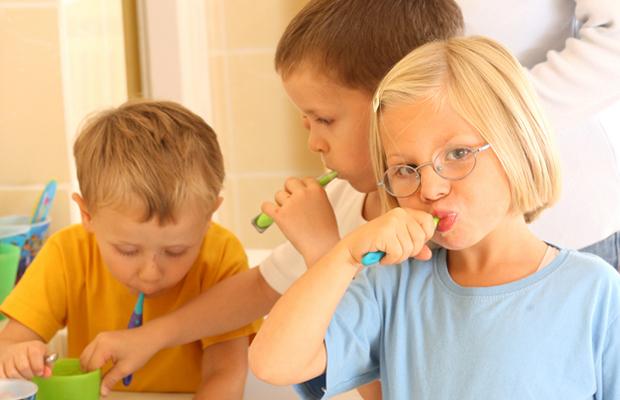







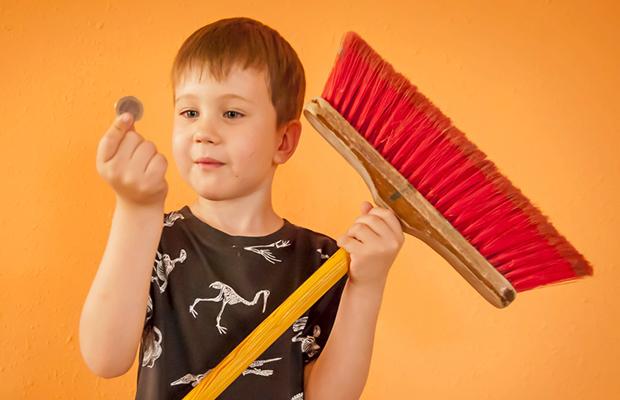

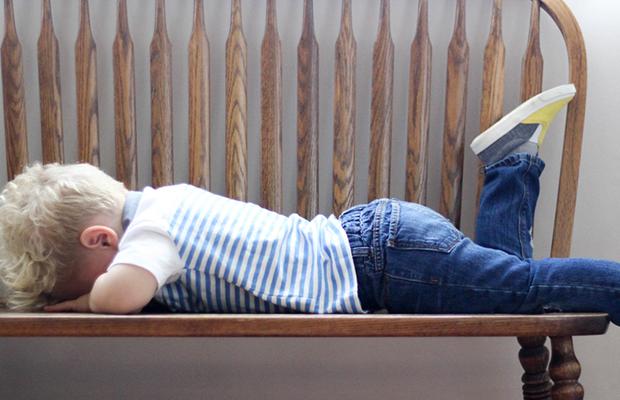

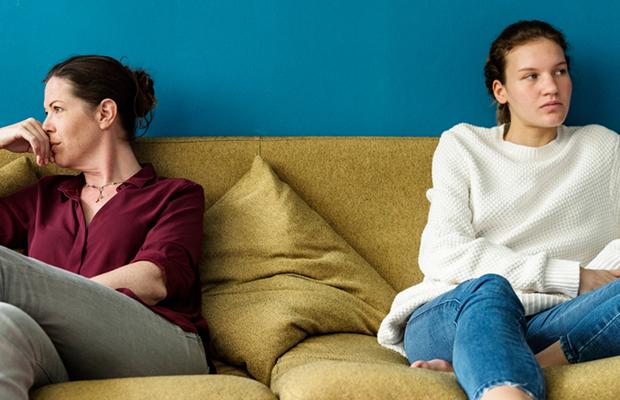











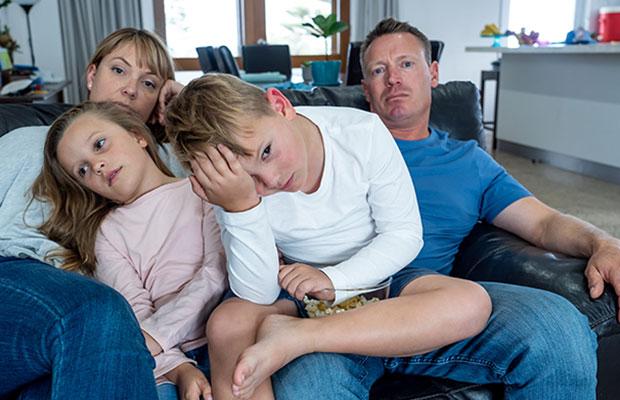











x.png)
.png)
.png)